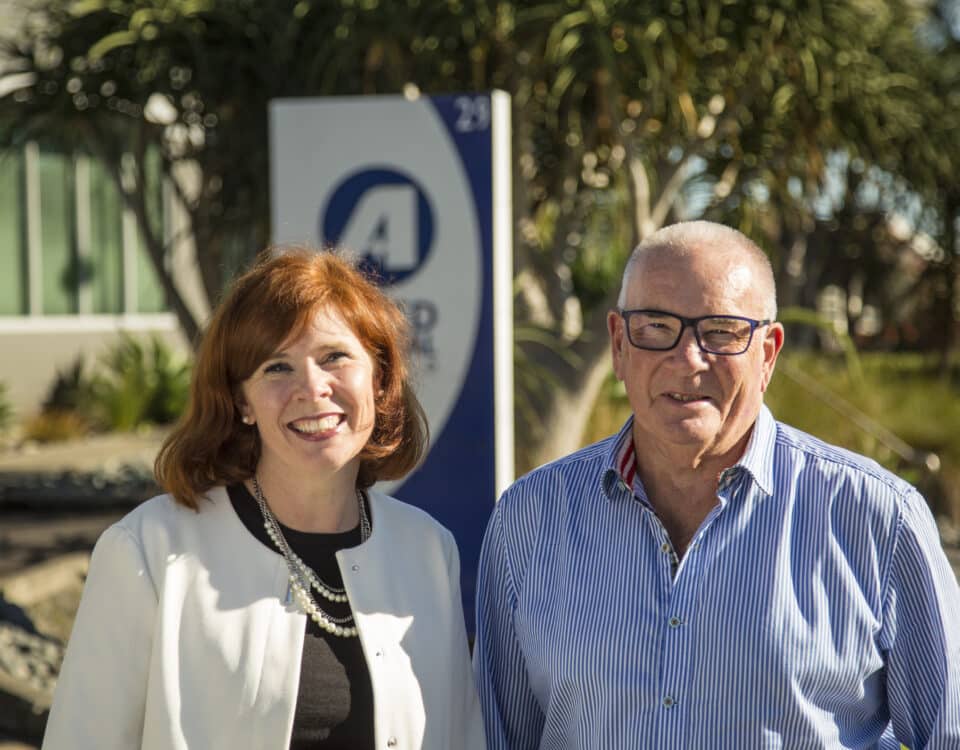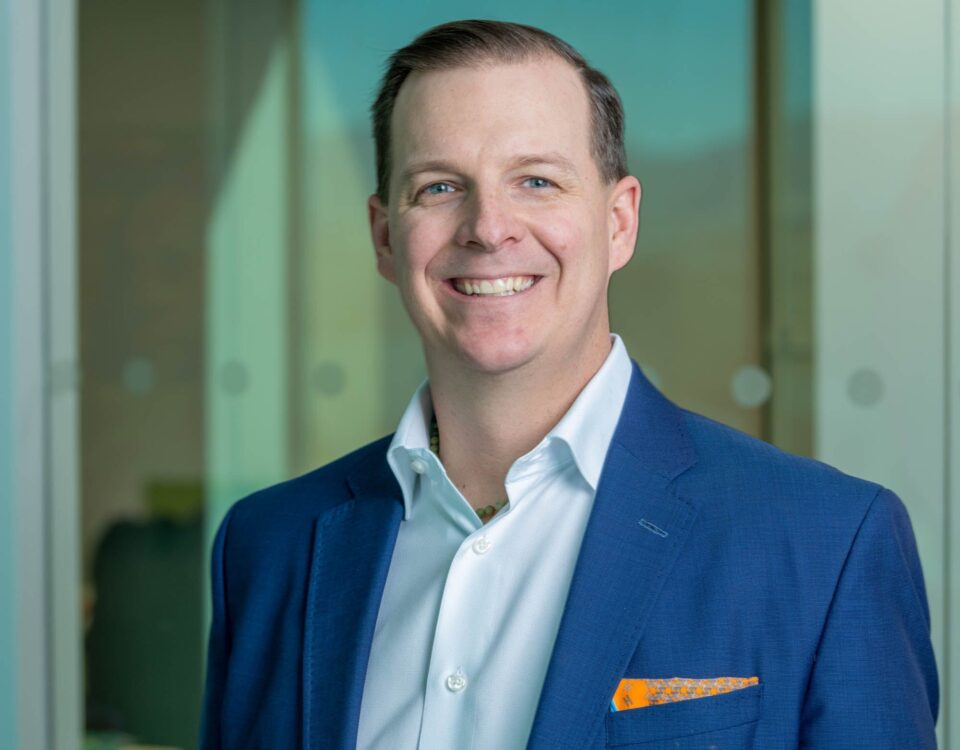
Big Blue Gumball founder Todd Cherches talks “visualeadership” (podcast)
January 4, 2021Doc Martens footwear brand is planning London IPO
January 12, 2021By Verne Harnish
It isn’t easy to scale when you manufacture one-of-a-kind products. John Webber has pulled it off at Carved, a business he founded in 2011 in Elkhart, Indiana.
His 18-person company makes unique wooden goods, such as carved iPhone phone cases, wood resin bracelets and wood resin wireless chargers, with revenue under $5 million. Although sales took a hit during the early months of COVID-19, Carved continued operations safely by spreading out employees’ workstations and bringing in PPE and rebounded later in the year. It brought in its entire year’s profit in the last two months of 2020, during the busy holiday season.
Webber and his team have kept the company thriving by applying the strategies of Scaling Up: Rockefeller Habits 2.0, in conjunction with Lean manufacturing. Webber read the book in 2019 when a business mentor, Doug Rassi, president and co-founder of Poly-Wood, an outdoor furniture maker, recommended it.
At the time, Carved was not profitable. It was burning through cash spent on online advertising on Google and other platforms as it focused on customer acquisition. “Maybe I’d spend $60 to get a $50 customer,” Webber says. “I was running the company at a loss in the hopes of future profits. It seemed to me like a good strategy, but it was pretty terrible. We had debt and were losing money. I wasn’t sure how to keep growing the company.”
Rassi talked with Webber about the importance of cash flow and profitability—as well as intimately understanding every aspect of the business,. When Rassi recommended that Webber read Scaling Up, which he had used with his own team, it was the beginning of a new chapter for Carved. “I read it and immediately implemented changes,” recalls Webber.
Creating a great place to work
One reason Webber decided to implement Scaling Up was its emphasis on developing—and retaining—a company’s early employees—an approach he’d embraced from the beginning.
To create an environment that is attractive to employees, Webber has made sure the company is an inviting place to work. Located in a former dress factory, it is equipped with a boutique and coffee shop, a pool table and a gym—and is dog-friendly. He devotes considerable attention to identifying his team members’ strengths—and making sure they have opportunities to develop them.
To remind his team of the company’s purpose, he shares the emails that come in from customers who appreciate the company’s products. One note recently arrived from the father of an 11-year-old boy, who’d received a bracelet signed by the entire team. “My kid has been having a tough year at school,” the dad told them. “This absolutely made his year.”
In this environment, the average tenure of Carved’s employees is four years. It’s a point of pride for Webber that one of his original employees, a photographer, in December celebrated 100 months with the company, which had been in business 120 months at the time. “Having a bunch of good ideas as an entrepreneur is worthless without having people to help me implement them,” says Webber.
Embracing Lean manufacturing
Carved is focused on creating artisanal products on demand. Its tagline “Oneof1” underlines the uniqueness of each piece. “You’re holding this piece of art that someone put a lot of time into,” says Webber.
What enabled Webber to scale profitably while producing these highly customized products has been adopting Lean manufacturing. After reading the books on Lean recommended in Scaling Up, Webber and his team took a close look at how they were producing products and processing orders. They discovered many areas where they could reduce wasted time and money.
One area for improvement was shipping. In September of 2019, it took the company 112 hours to ship an order from the time it was placed. Today, it takes fewer than 18 hours. The team sped things up by taking a close look at every element of the shipping process, including the workstation where orders are packed. Simply changing the workflow from a circular pattern to one that flows from right to left saves many hours every year.
To make sure employees speak up when they spot an area where time or money can be saved, Webber, taking a cue from Lean, has emphasized that it’s not people who have caused the problem—it’s inefficiencies in the system. “It’s the employees’ job to speak up but it really puts the accountability on management to work with employees and say, ‘How can we make this better?’” explains Webber.
The company keeps everyone aligned in two standup meetings held each day across the company, at 9 am and 3:30 pm. There, the team discusses the key metrics they will focus on. Always on the agenda are the numbers of orders remaining to be shipped and all of the customer feedback from the day before. “The customer whose order hasn’t shipped yet doesn’t care if you did 10,000 orders,” he says. He also shares the company’s profitability daily.
Analyzing spending daily
After reading the Cash section of Scaling Up, Webber paid closer attention to cash flow on a more consistent basis. One critical component has been analyzing spending daily. He uses the company’s bank account to look at every purchase made, on conjunction with the other two members of his leadership team. “It exposed a lot of issues we were not aware of,” he says. With the savings the company has found through this and its use of Lean, it has invested in two high-end computer numerical control (CNC) machines used in the manufacture of its products. “We paid them off in about 30 days from the savings,” he says.
Meanwhile, Webber has been able to keep scaling without losing the unique aspects of his products—or his company’s connection with his customers. “We’re in business to make a profit but the stuff we make every day is one-of-a-kind and speaks individually to the customers who are buying it,” he says. “It’s a cool feeling to be able to make something that has that kind of meaning and impact in someone’s daily life.”




